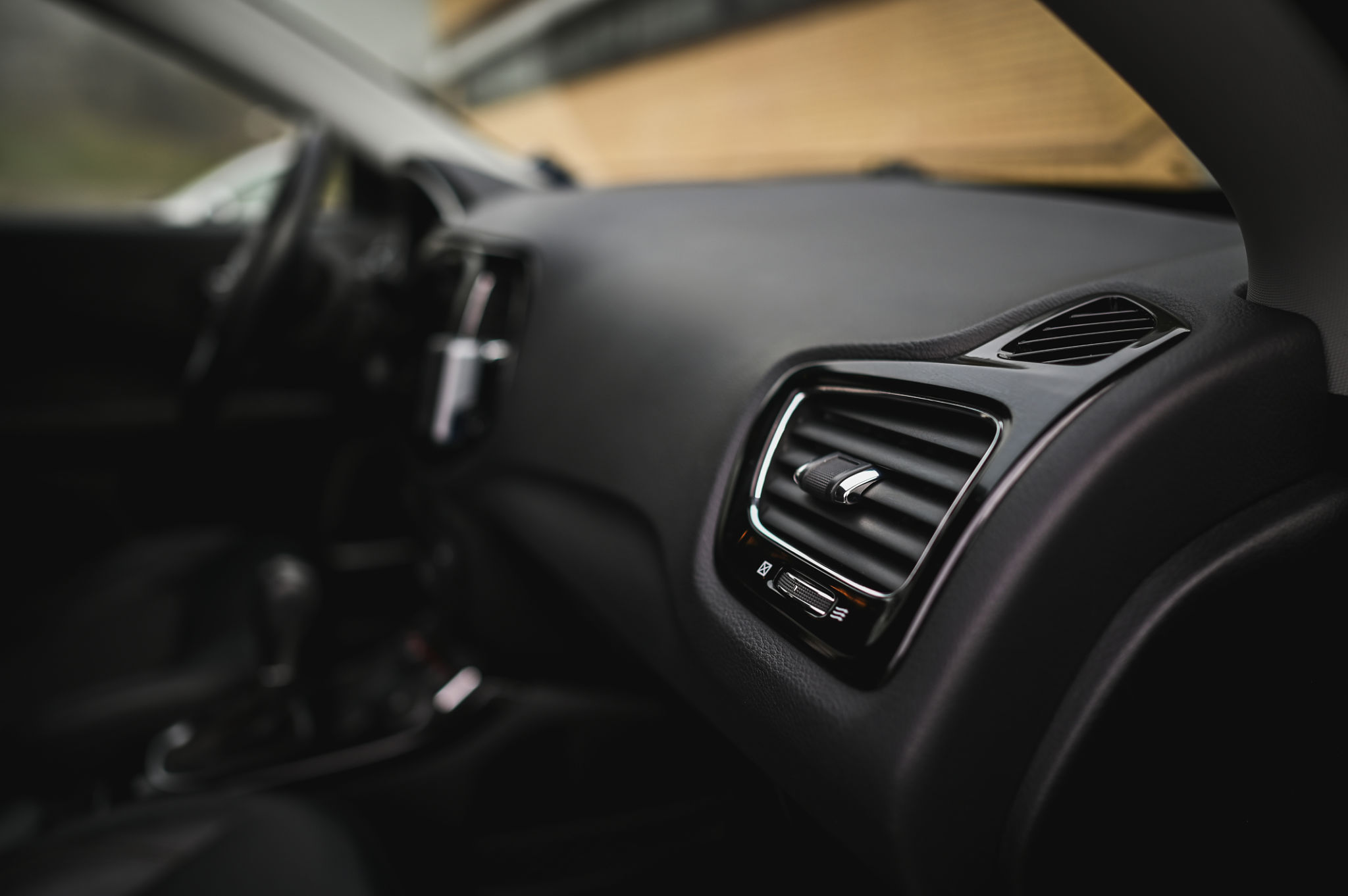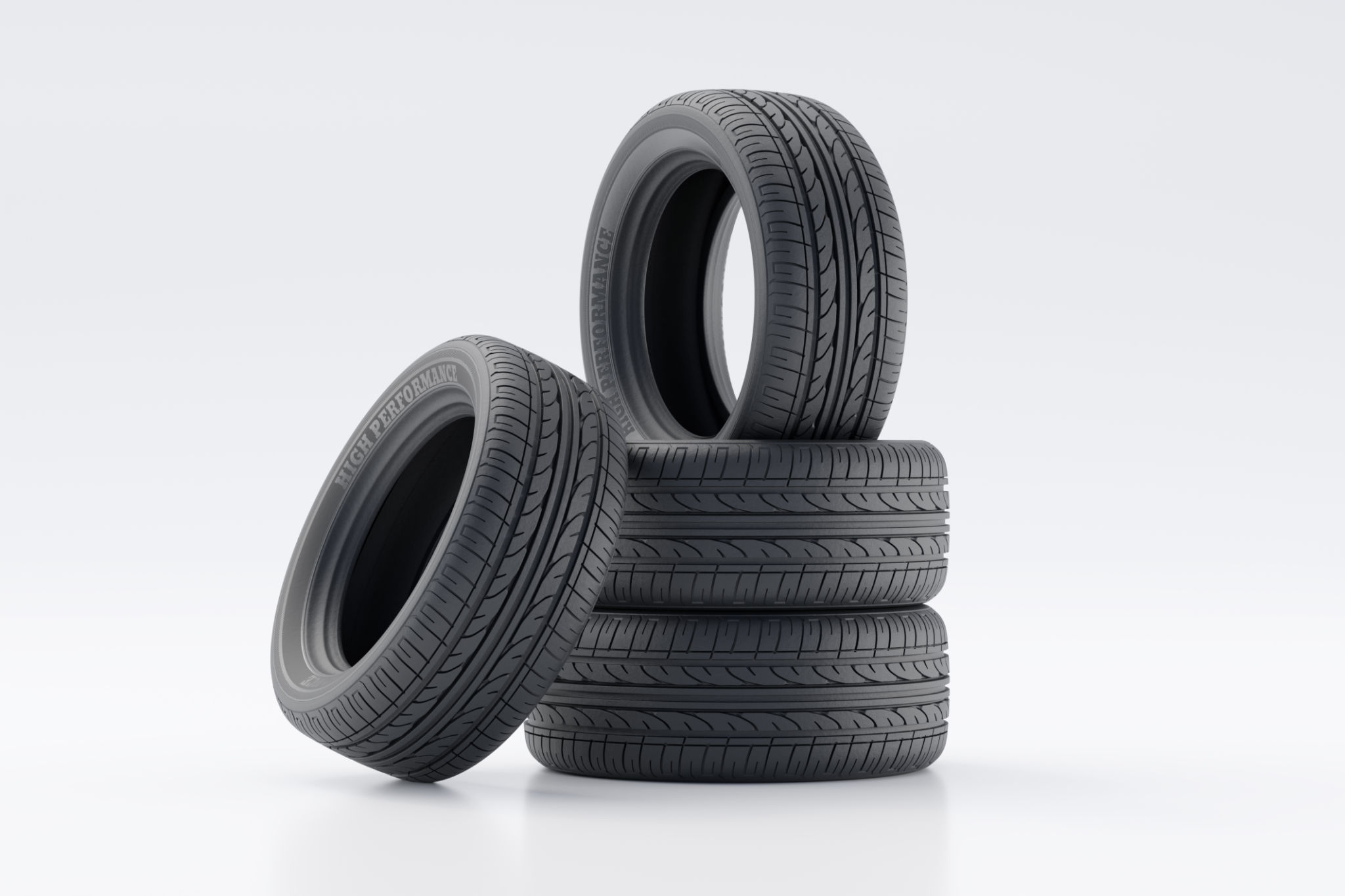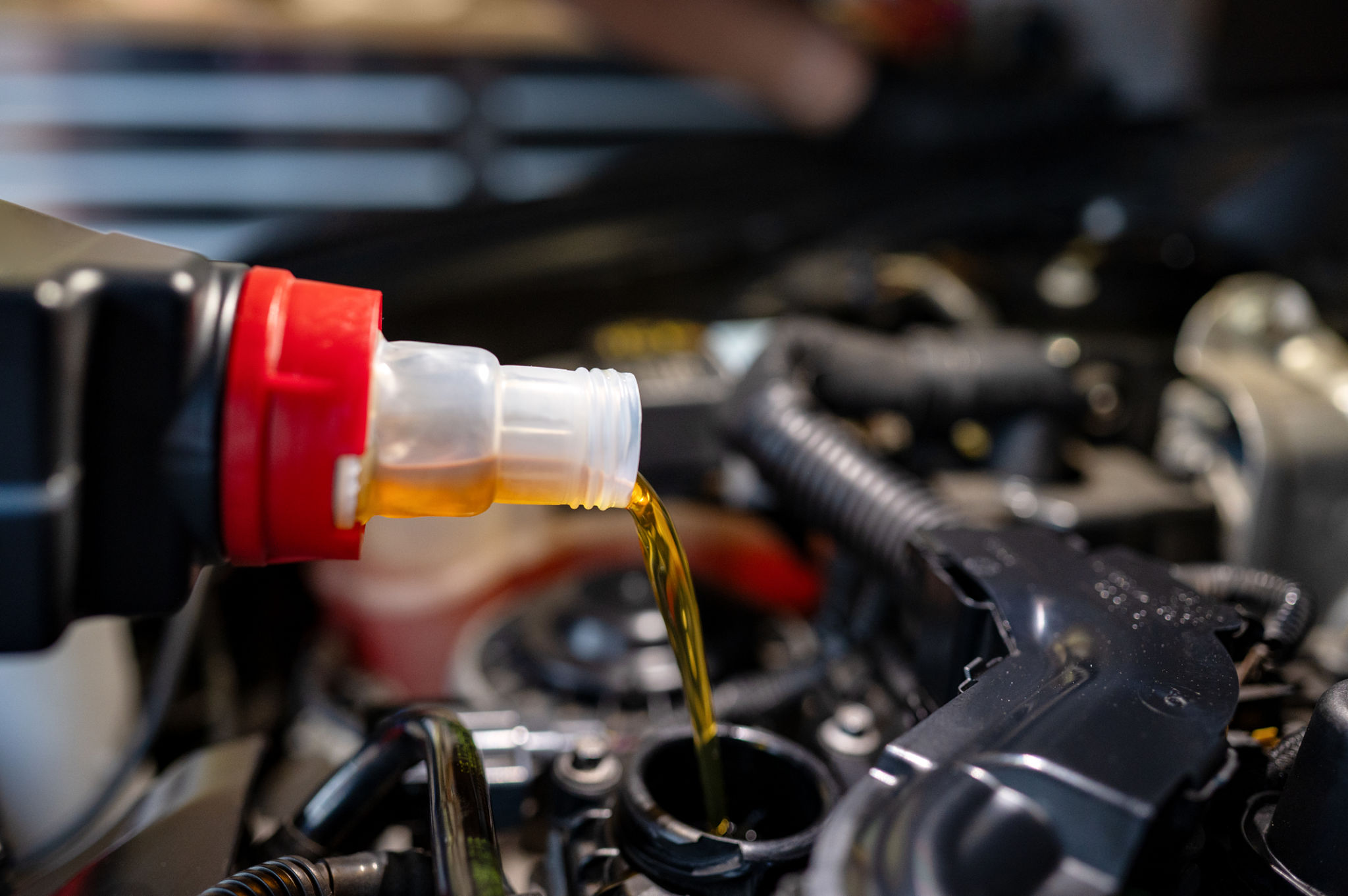DIY Tips for Basic Car Troubleshooting Before Calling a Mechanic
Understanding the Basics
Before you consider calling a mechanic, it's important to understand some basic car troubleshooting techniques. Many common car problems can be diagnosed and even fixed with minimal tools and knowledge. This can save you time, money, and the hassle of dealing with a repair shop.
Start by familiarizing yourself with your car's owner's manual. It contains valuable information about your vehicle's specific features and common issues. Additionally, keeping a basic toolkit in your car can be incredibly useful for on-the-spot fixes.

Checking the Battery
A dead battery is one of the most common car issues. If your car won't start, listen for a clicking sound when you turn the ignition. This often indicates a battery problem. You can check the battery by inspecting the connections for corrosion and ensuring they are tight.
Using a multimeter, you can measure the voltage of the battery. A healthy battery should read around 12.6 volts when the engine is off and between 13.7 and 14.7 volts when running. If the voltage is low, it might be time for a replacement.

Inspecting the Tires
Tire issues can lead to poor handling or even accidents. Regularly inspecting your tires for wear and tear can prevent these problems. Look for uneven tread wear, which might indicate alignment issues. Also, ensure your tires are properly inflated according to the manufacturer's specifications.
If you notice a nail or puncture, you might be able to fix it with a tire repair kit. However, if the damage is severe or located on the sidewall, it's best to replace the tire entirely.

Evaluating the Fluids
Your vehicle relies on several fluids to operate efficiently, including oil, coolant, brake fluid, and power steering fluid. Regularly checking these fluids can help prevent breakdowns and extend the life of your car.
To check the oil level, use the dipstick under the hood. Ensure the oil is at the correct level and appears clean. If it's dark or gritty, consider an oil change. Similarly, check coolant levels in the reservoir and top off if necessary. Be cautious when opening the radiator cap; only do so when the engine is cool.

Listening for Strange Noises
Unusual sounds can be early indicators of mechanical issues. A high-pitched squeal might suggest a worn-out belt, while a grinding noise when braking could indicate worn brake pads. Pay attention to where and when these noises occur to better diagnose the issue.
While some noises might not be urgent, ignoring them could lead to more serious problems down the road. If you're unsure about a sound, it's wise to consult a professional.
Conclusion: Knowing When to Call a Mechanic
While these DIY tips can help address some basic car troubles, there are times when calling a mechanic is necessary. Issues with the transmission, advanced electrical problems, or persistent engine trouble should be handled by professionals.
By taking time to understand your vehicle and performing regular maintenance checks, you can keep it running smoothly and avoid unexpected breakdowns. However, never hesitate to seek expert help when needed to ensure your safety on the road.